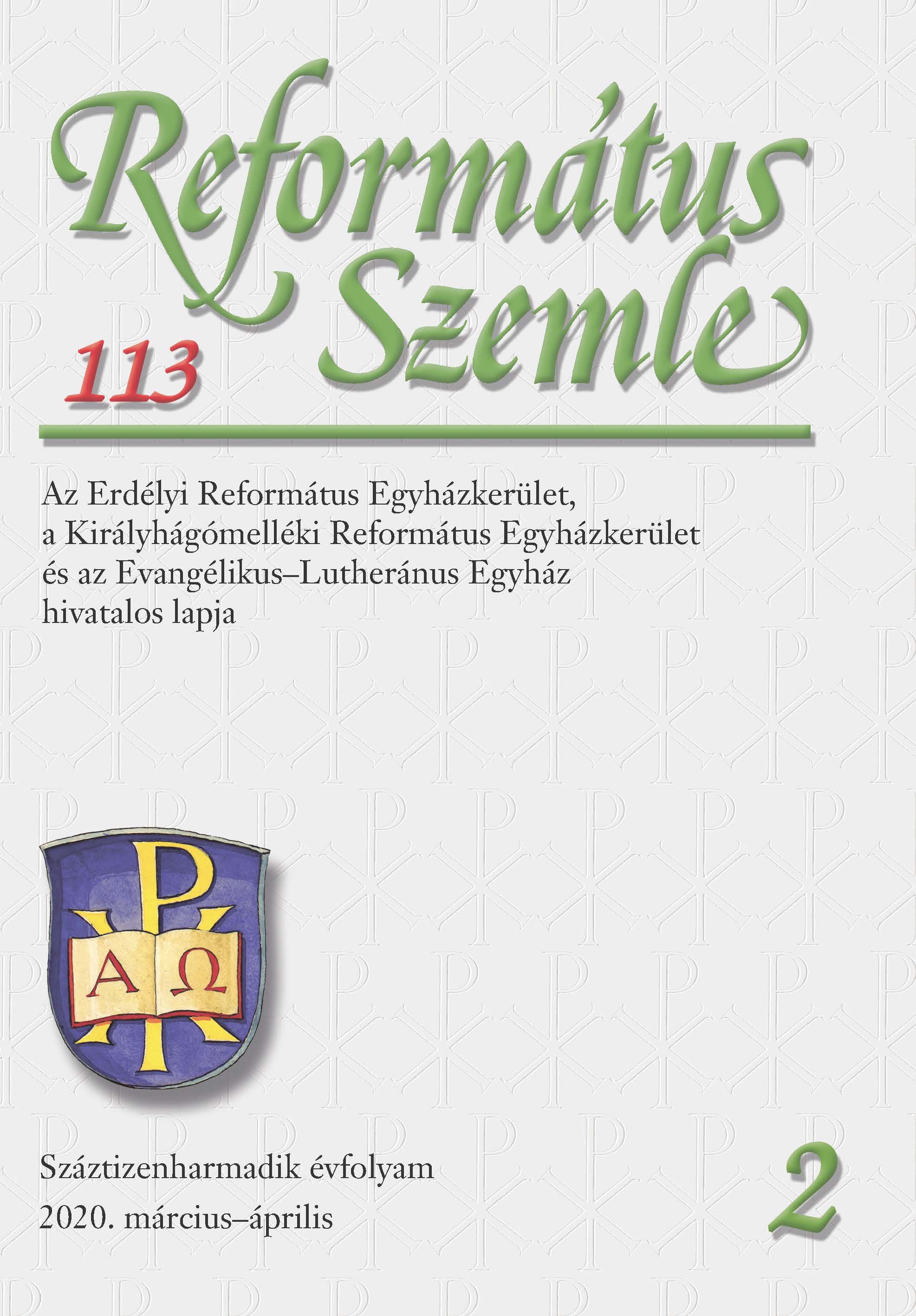Az egyetemes bűnösség, valamint a konkrét vétkek és felelősség közötti érzékeny határvonal Reinhold Niebuhr szemléletében
The Fragile Boundary Line between Universal Depravity and Concrete Sin and Responsibility According to Reinhold Niebuhr
Author(s): Zsolt PappSubject(s): History of Church(es), Ethics / Practical Philosophy, Systematic Theology, Sociology of Religion
Published by: Erdélyi Református Egyházkerület
Keywords: Reinhold Niebuhr; definition of sin; sin and guilt; pride; myth of failure; worry;
Summary/Abstract: The correct definition of sin is one of the main goals of Niebuhr’s theology. According to Scripture, sin is basically rebellion against God, meanwhile in society the same act generates injustice. The petty worry is considered the foreshadow of sin. By speaking of the myth of failure, Niebuhr does not intend to integrate sin into history but to portrait its constant reality and temptation. He distinguishes the morality of the individual in fighting against sin, from the morality of the community. At the same time, Niebuhr argues that pride is the source of man’s rebellion against God. He discovers human pride in every area of life unveiling fear of the finiteness of life as its main cause.
Journal: Református Szemle
- Issue Year: 113/2020
- Issue No: 2
- Page Range: 156-164
- Page Count: 9
- Language: Hungarian

